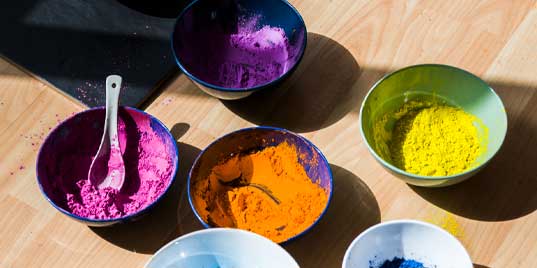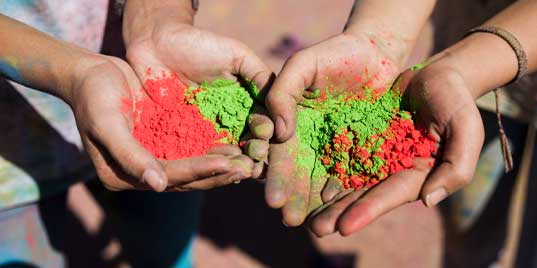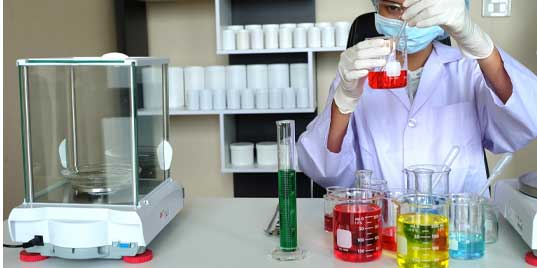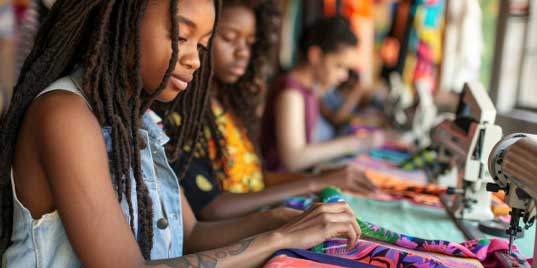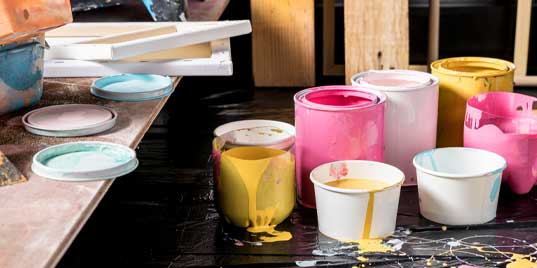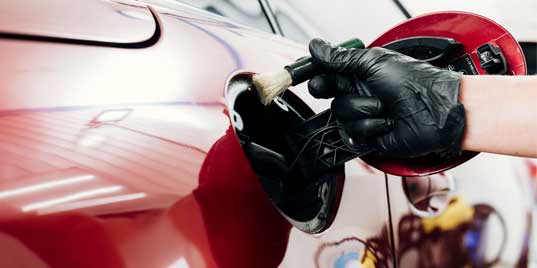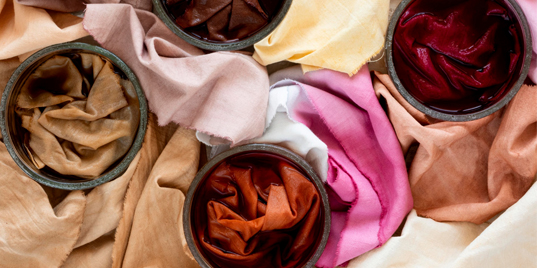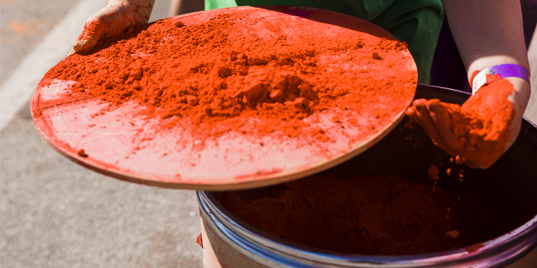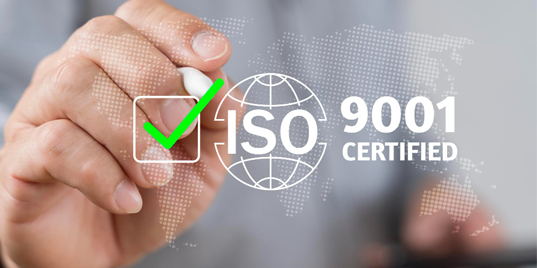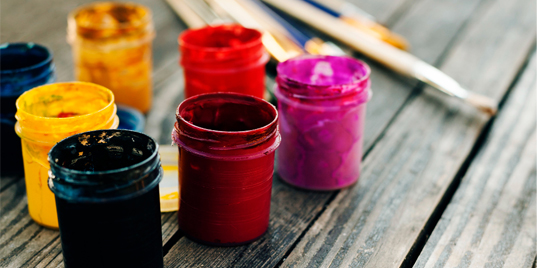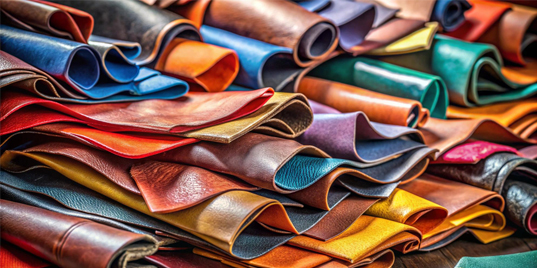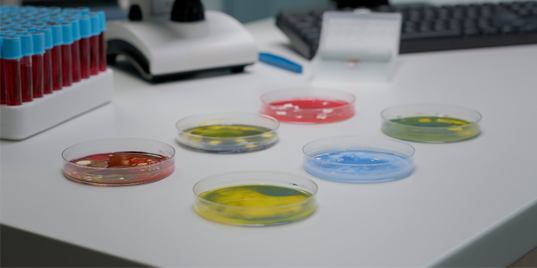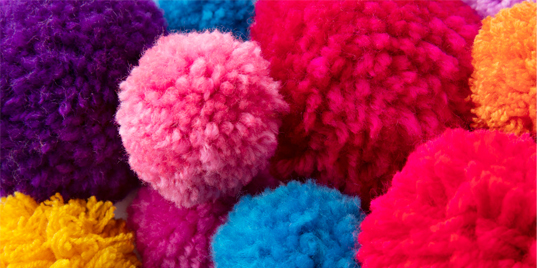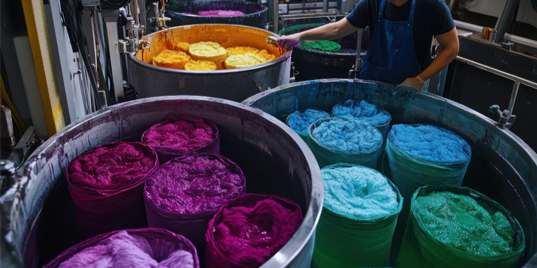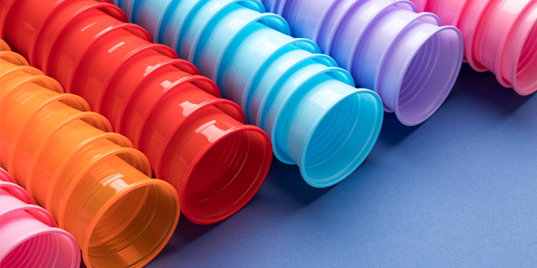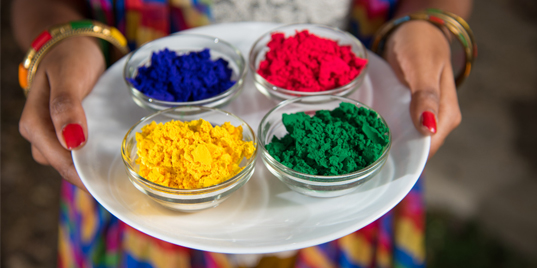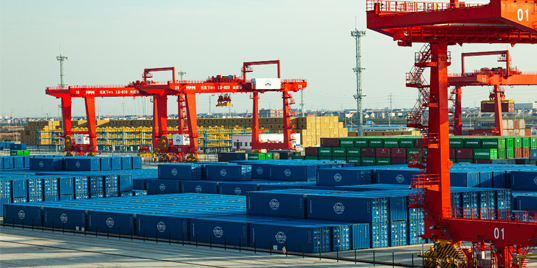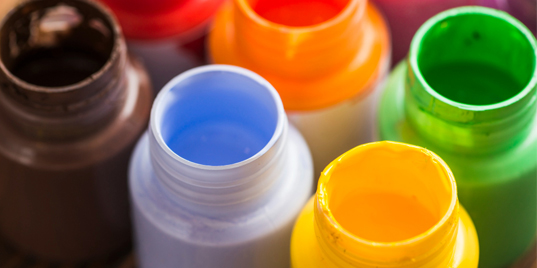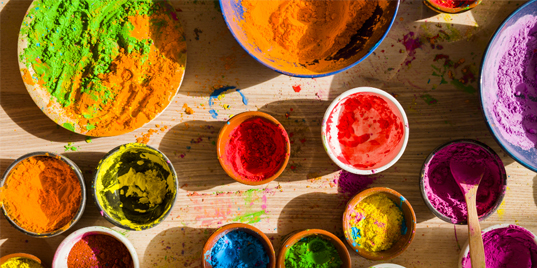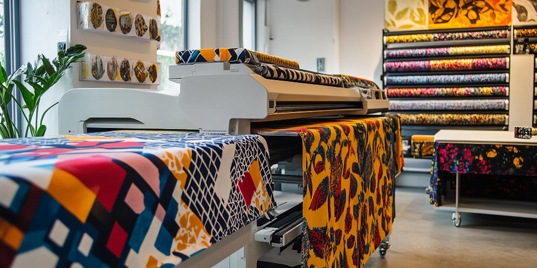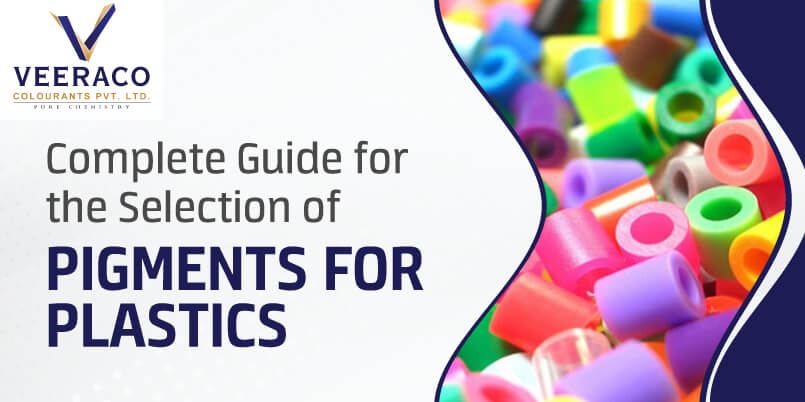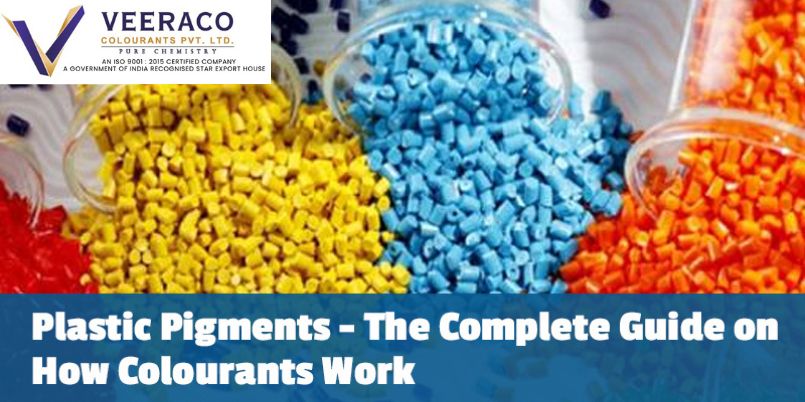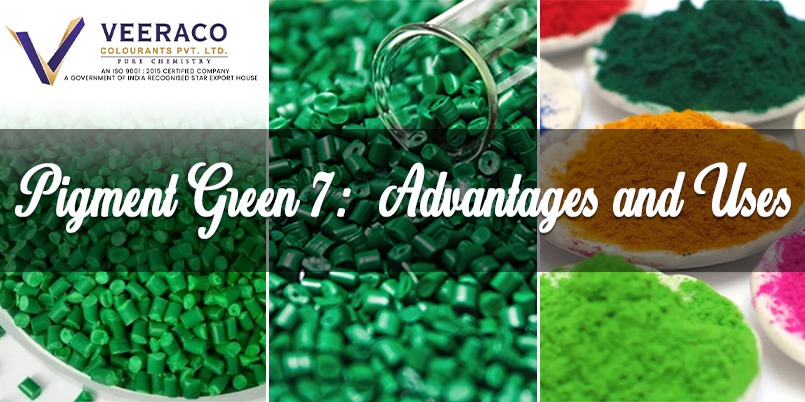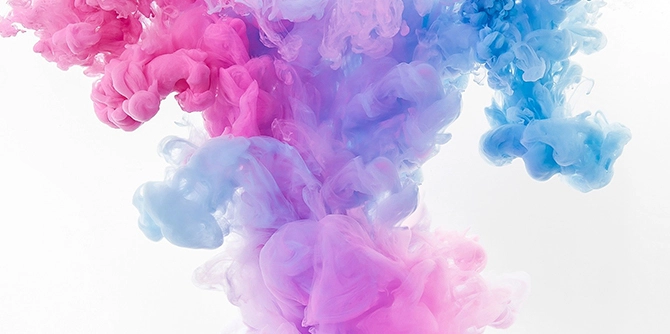
From India to Dubai: Fast-Track Dyes Supply for Middle East Markets
- Admin
- Sep 12, 2025
From India to Dubai: Fast-Track Dyes Supply for Middle East Markets
The Middle East textile and garment industry experiences rapid growth, driving increasing demand for quality industrial dyes. Indian manufacturers have become preferred suppliers for UAE, Saudi Arabia, Egypt, and other regional markets, offering proximity advantages, competitive pricing, and reliable quality. This guide helps Middle East buyers optimize sourcing from Indian dyes manufacturers.
Middle East Textile Industry Growth
The region's textile sector expands driven by economic diversification, growing populations, fashion market development, and re-export trade hubs. UAE, particularly Dubai, serves as a textile trading hub connecting Asian manufacturing with African, European, and Middle Eastern markets. Saudi Arabia's Vision 2030 includes textile manufacturing development, while Egypt maintains an established textile industry with growing production. Turkey's regional influence extends to Middle Eastern markets.
This growth creates substantial dyes demand, positioning India as a logical supply source given geographic proximity, established trade relationships, competitive pricing, and comprehensive product ranges.
Why Middle East Companies Choose Indian Suppliers
Geographic Proximity Advantages
India's location provides significant advantages for Middle Eastern markets. Shipping from Indian ports reaches Middle East destinations faster than European or Chinese suppliers in many cases.
- Mumbai to Jebel Ali (Dubai): 7–10 days typical
- Chennai to Jeddah (Saudi Arabia): 8–12 days typical
- Indian ports to Sokhna (Egypt): 10–14 days typical
These short transit times enable responsive supply chains, reduced inventory requirements, and faster order fulfillment compared to distant suppliers.
Competitive Pricing
Indian manufacturers offer 25–35% cost advantages compared to European suppliers and remain competitive with Chinese sources while often providing superior quality and service. For price-sensitive Middle Eastern markets, this competitiveness proves crucial. Improved margins or competitive retail pricing supports market success.
Product Quality and Variety
Leading Indian manufacturers maintain quality standards meeting international requirements. Comprehensive product portfolios spanning textile dyes, industrial applications, and specialty products enable consolidated sourcing. Technical support and application expertise help customers optimize usage, particularly valuable for developing regional textile sectors.
Cultural and Business Affinity
Historical trade relationships create familiarity and trust. Large Indian expatriate populations in GCC countries facilitate business connections and communication. Understanding Middle Eastern business culture, relationship importance, and negotiation styles enables smooth interactions. Indian suppliers generally demonstrate cultural awareness supporting successful partnerships.
Payment Terms Flexibility
Indian suppliers often accommodate payment terms suiting regional practices. Letter of credit acceptance, understanding of regional banking systems, and sometimes credit terms for established customers provide commercial flexibility.
Middle East Market Segments
UAE Textile and Trading Sector
Dubai serves as a regional textile hub with extensive re-export trade. Textile wholesalers, garment manufacturers, and industrial users create diverse demand. Free trade zones offer business advantages attracting international textile companies. Indian dyes support both local manufacturing and re-export through traders.
Saudi Arabian Manufacturing Growth
Vision 2030 drives textile manufacturing development including industrial cities, special economic zones, and foreign investment attraction. Growing domestic production requires reliable dyes supply, and Indian manufacturers are well positioned to support this expansion.
Egyptian Textile Industry
Egypt maintains a substantial textile industry with strong cotton heritage, garment manufacturing, and home textiles production. Established industry requires consistent quality supply at competitive prices. Geographic proximity to India (via Suez Canal) facilitates efficient shipping.
Other Regional Markets
Jordan, Oman, Kuwait, and other markets show varying textile activity. While smaller individually, collectively they represent significant demand.
Quality Standards for Middle East Markets
International Standards Compliance
Most Middle Eastern customers require international quality standards. ISO 9001 certification represents baseline expectations. Oeko-Tex certification is increasingly requested for textile applications, particularly for exports. Some customers require European standards compliance even for regional sales, reflecting end-market requirements or quality positioning.
Specific Testing Requirements
Regional authorities may require specific testing. Saudi Arabia's SASO standards, UAE's ESMA requirements, and Egyptian standards establish quality baselines. Manufacturers should provide certificates of conformity from approved laboratories when required. Understanding country-specific requirements prevents clearance delays.
Halal Certification
For certain applications, particularly in Saudi Arabia, halal certification may be requested. While less common for industrial dyes than food products, some customers seek assurance.
Color Consistency
Regional textile manufacturers emphasize color consistency due to large order runs and quality expectations. Batch-to-batch consistency proves critical for customer satisfaction and repeat business.
Logistics and Shipping to Middle East
Major Shipping Routes
Regular shipping services connect Indian ports with Jebel Ali (Dubai), Jeddah (Saudi Arabia), Alexandria/Sokhna (Egypt), and other regional ports. Multiple weekly sailings ensure frequent departure options and reliable scheduling. Container availability is generally good on these popular routes.
Transit Times and Efficiency
Short transit times (7–14 days typical) enable responsive supply. This speed advantage compared to European or Far East suppliers proves valuable for managing inventory and responding to demand changes.
Port Infrastructure
Major Middle Eastern ports offer modern facilities. Jebel Ali ranks among the world's largest ports with efficient handling. Saudi ports modernization improves efficiency, and Egyptian ports benefit from Suez Canal’s strategic location.
Free Trade Zones
UAE free zones and similar facilities in other countries offer business advantages including tax benefits, full foreign ownership, and simplified customs procedures. Many textile traders and manufacturers operate from free zones, affecting logistics and documentation requirements.
Customs and Documentation
Professional customs clearance is essential for smooth imports. Required documentation includes commercial invoices, bills of lading, packing lists, certificates of origin, certificates of analysis, and country-specific certificates when required. Working with experienced freight forwarders and customs brokers familiar with chemical imports and regional requirements prevents delays.
Payment Mechanisms
Letters of Credit Prevalence
LCs remain standard for Middle Eastern trade, providing security for both parties. Regional banks experienced in international trade facilitate smooth LC processing. Both sight and usance LCs are commonly used, with payment terms often 30–90 days reflecting regional business practices.
Building Credit Relationships
Established customers with payment history may receive open account terms. Building relationships over time can lead to more favorable payment conditions. Credit insurance available through export credit agencies can enable more flexible terms while managing risk.
Finding Reliable Indian Suppliers
Sourcing Approaches
Gulf Food exhibitions, textile trade shows, and industry events attract Indian exhibitors. Indian trade missions to the Middle East facilitate connections. Online B2B platforms list suppliers though requiring vetting.
Essential Criteria
Verify Middle Eastern export experience demonstrating regional understanding. Quality certifications (ISO, Oeko-Tex) signal commitment. Production capacity should be adequate for requirements. Responsive communication in English and potentially Arabic ensures efficiency.
Due Diligence
Request references from Middle Eastern customers. Conduct sample testing in your applications. Virtual or physical facility visits, along with documentation review covering capabilities, certifications, and quality, are recommended. Trial orders starting small before major commitments verify capabilities and reliability.
Veeraco's Middle East Expertise
Veeraco has served Middle Eastern markets for decades. We understand regional requirements, business practices, and quality expectations. Our shipping efficiency to Gulf ports enables fast delivery, and established relationships with freight forwarders ensure smooth logistics. We accommodate regional payment practices and work collaboratively to build long-term partnerships.
Conclusion
Middle East textile industry growth creates opportunities for Indian dyes suppliers. Geographic proximity, competitive pricing, quality products, and cultural affinity position India as a preferred source. Middle Eastern buyers benefit from systematic supplier evaluation, clear communication, and partnership development to access quality dyes supporting business success.
Contact Veeraco to discuss Middle East requirements and experience our regional expertise.

